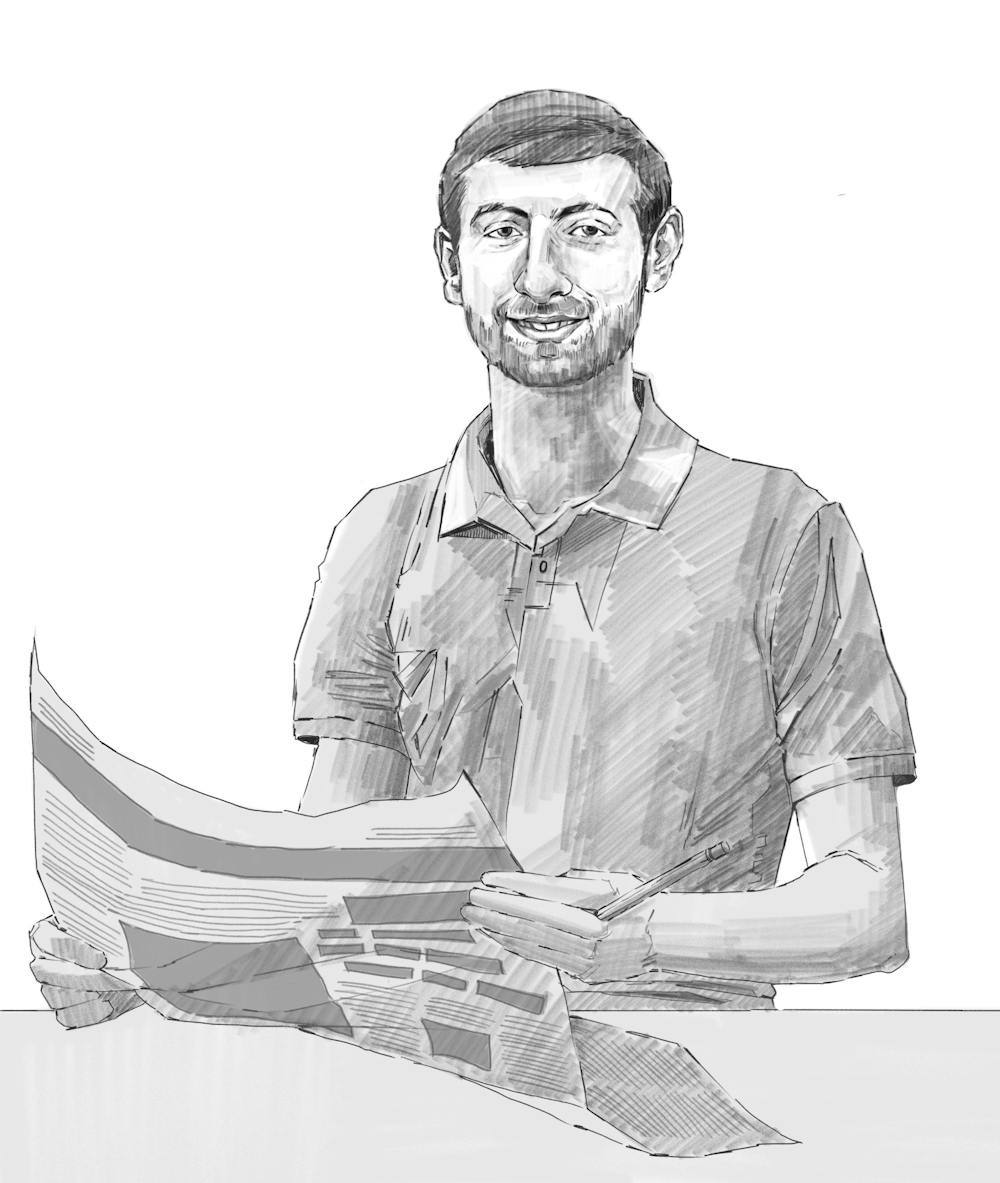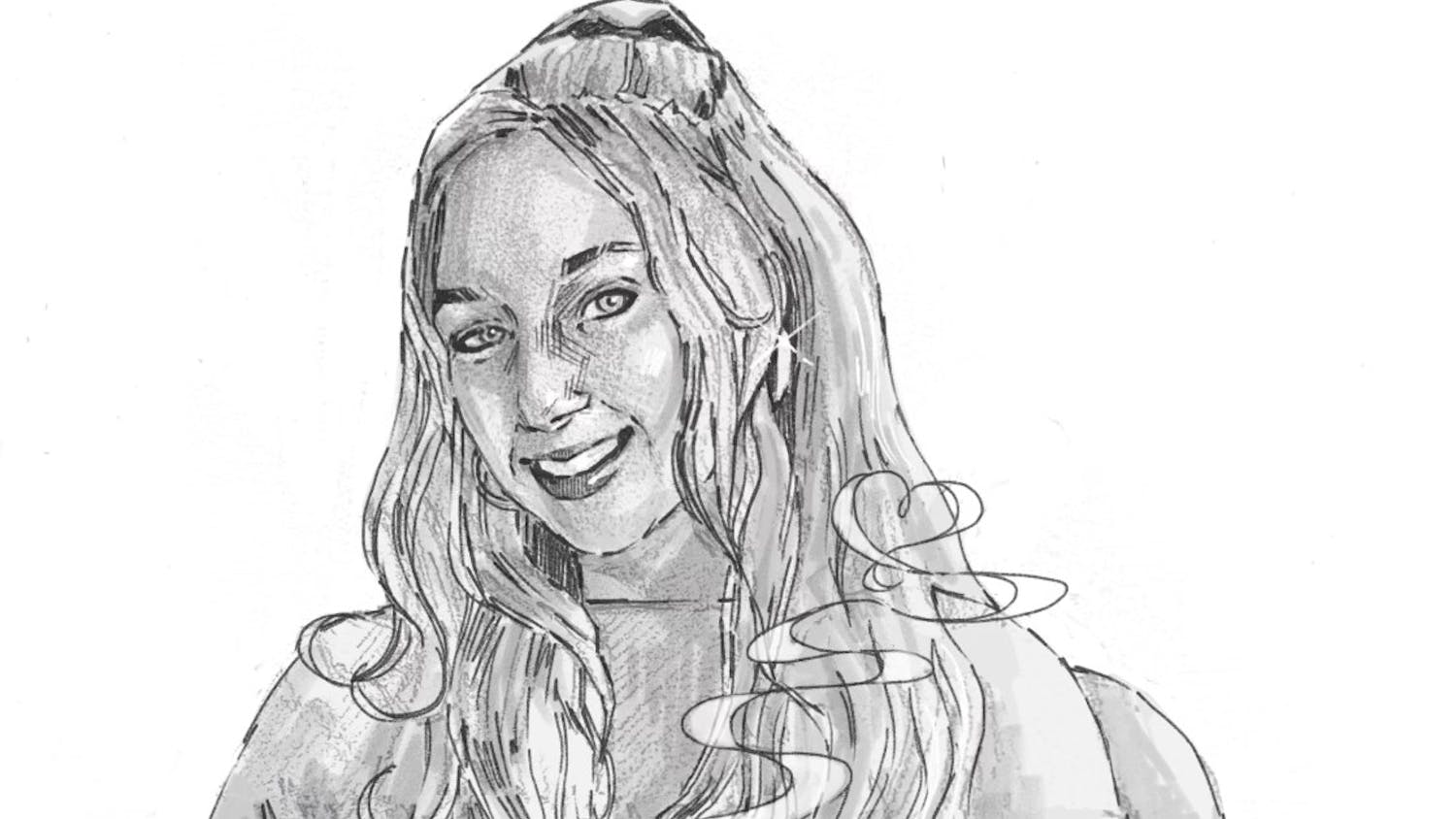By Tristan Weisenbach
Editor-in-Chief
It was the first week of classes during the fall 2021 semester — my very first semester as a college student — when the remnants of Hurricane Ida swept across our region, leading to widespread flooding and tornadoes.
It was a Wednesday, and I was looking forward to attending my first TCNJ Orchestra rehearsal that night. As a commuter student, I became increasingly worried that I would have to stay home and skip rehearsal due to the worsening road conditions.
In my mind, I was conflicted. I didn’t know the attendance policy, since it was the first week of class. What would happen if I didn’t show up? Do I take the risk and drive to campus, or stay home?
Messaging from the College’s administration and emergency response personnel was lackluster at best. There was no word of classes being cancelled, and no advice given to commuters about what to do.
I didn’t find out until the following day that I made the right choice by staying home the night prior. The orchestra spent its rehearsal sheltered in the Music Building basement due to an active tornado warning, while many commuters spent the night in the Brower Student Center because the parking lots were too flooded to drive out of.
It seemed like a student safety disaster, but maybe I was wrong. I was only a freshman after all, I didn’t know how things worked on campus yet.
Fast forward to the spring 2023 semester, when a gunman shot and killed three students and wounded five others at Michigan State University on Feb. 12, 2023. The following day, all TCNJ students woke up to an emergency alert notifying them that academic buildings on our campus would be placed on swipe-access only until further notice. One piece of information that was missing from this message, however, was why?
Soon, though, it was discovered that the Michigan State University shooter had ties to Ewing, N.J., and was found with a note when he was apprehended, threatening further violence against Ewing Public Schools.
Why hadn’t the initial emergency alert identified the reason behind the swipe-access-only implementation? Would I or my classmates have known what to do if the College were targeted by a shooter? These questions ran through my mind for days following this tragic event.
As a member of The Signal’s editorial board, I set out to take on the task of investigating the College’s safety procedures alongside the editor-in-chief at the time, Chelsie Derman.
Our initial goal was to focus solely on the College’s policies as they relate to violence and fire safety. We interviewed numerous faculty and staff members from across campus to hear their input.
However, based on the feedback we received while conducting interviews, our focus quickly expanded to also incorporate the College’s responses to extreme weather events — like we had experienced just over a year earlier — and other various safety concerns. We published our findings in an article titled “Ewing school threat exposes faults in campus safety.”
The following semester, in fall 2023, I worked on two follow-up articles that took a deeper dive into how prepared both faculty and students felt about safety on campus. These articles highlighted numerous aspects of the College’s protocols that faculty largely agreed needed to be updated or reworked, as well as identified safety training opportunities that students felt were missing.
As I’ve studied journalism over the past few years, I’ve seen many instances where articles in the news have led to change, whether it be political change, social change, environmental change or something else. Even just recently, when The Atlantic reported on United States Defense Secretary Pete Hegseth’s use of Signal (no, not The Signal newspaper) to discuss secret military plans, it had a huge impact.
But all of these examples I had seen were from major mainstream publications, written by journalists who have been in the field for decades. I never imagined that I, a student journalist, could make an impact — until it happened.
In spring 2024, the College implemented its first mandatory safety training for all students — something that Sharon Blanton, vice president of operations, later said in an interview was largely due to the reporting on campus safety conducted by The Signal.
My hope with reporting on campus safety was to highlight areas where it could be improved, leading to a better community for us all to co-exist in. Seeing that come to fruition will always be so fulfilling to me.
Since then, I’ve reported on many other topics — both alone and alongside many of my fellow Signal writers and editors — such as commuter parking, course scheduling and registration, and a rise in personnel departures. I’ve received lots of feedback regarding these articles, and some of them have also spurred conversations on campus that have seemingly led to changes, such as the creation of additional commuter parking spaces.
I share my successes not to brag, but to show the power that journalism can have. Student reporters keep our campus community informed about important issues, and the need for journalism could not be greater at this moment in time.
My former business journalism professor Stacie Sherman recently said during a visit to The Signal earlier this semester that there are two kinds of reporters: those who take the metaphorical press release that's handed to them and rewrite it, and those who take it and go beyond it.
Investigating and reporting on complex topics like campus safety are time-consuming and often daunting, but that doesn’t make it impossible. Reading between the lines and seeking out stories that aren’t simply handed to you is what sparks conversation. Because of this, The Signal is, and should continue to be, an outlet where students, faculty, staff and the greater College community can turn to and learn about issues that matter most.
You don’t have to be an excellent writer, a perfect interviewer or a craftsman with words to be able to spur real change and leave an impact with your reporting. We’re all students after all — it’s our job to learn from our experiences and continually improve ourselves.
All it takes is to set your mind to it, and you can make it happen. Take inspiration from the compelling reporting of bigger news outlets like The Atlantic, but don’t try to replicate them. Be your own reporter and seek out unique stories that have yet to be told.
As I round out my time both as a college student and as the editor-in-chief of The Signal, I urge students across campus not to sit back and watch what’s on the surface of our community, but to be curious, investigate and dig deeper. Don’t doubt for one second your ability to make an impact; the power of journalism is limitless.







